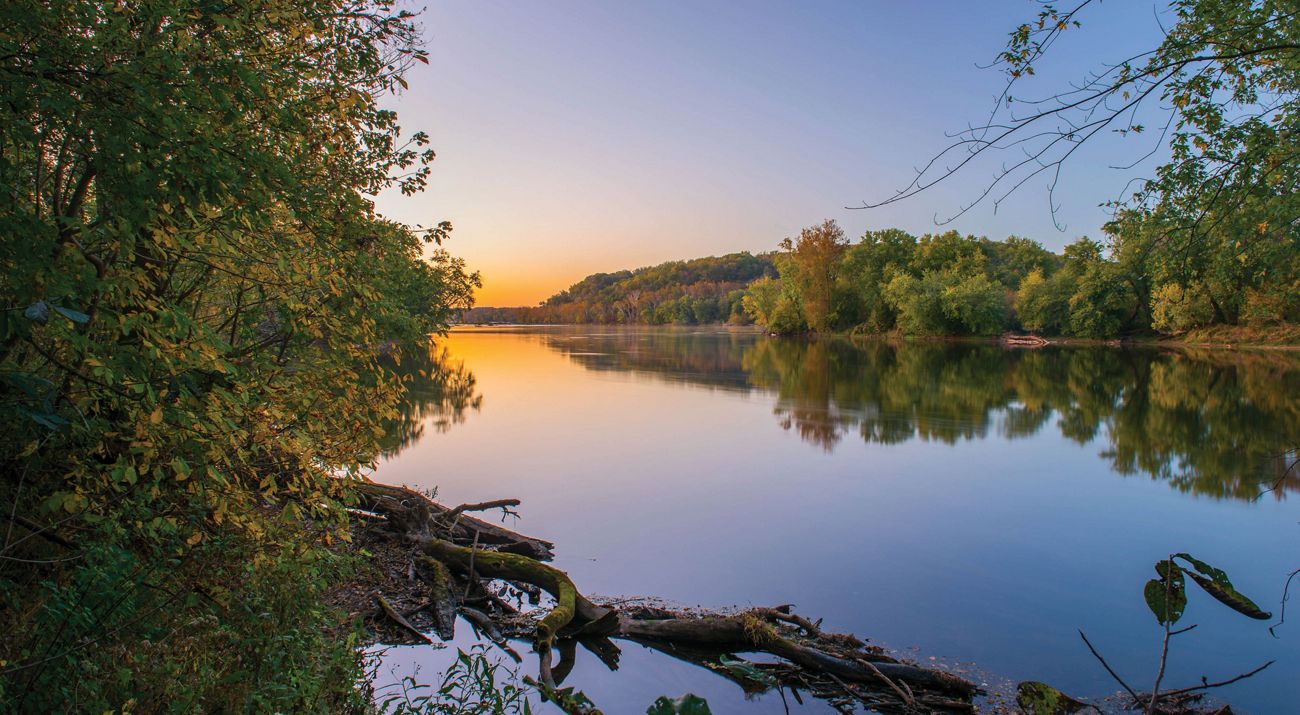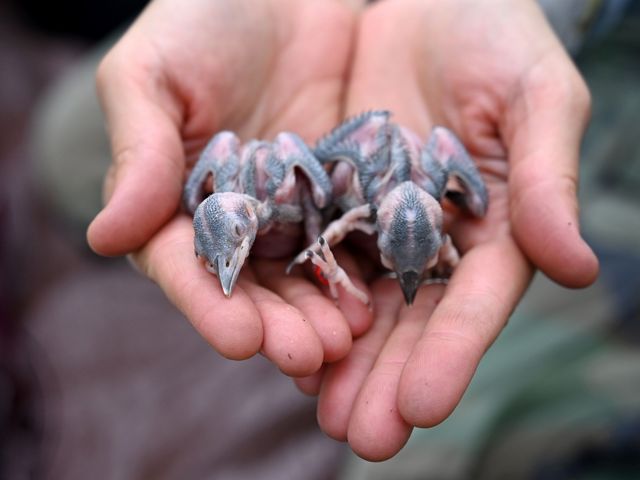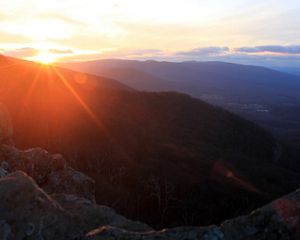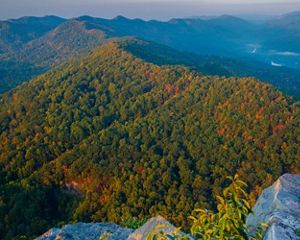Virginia's Lands and Waters
Virginia’s waters and natural and working lands are a treasured and valuable resource. They provide habitat for diverse plants and wildlife. They also support job-creating industries and outdoor recreation; generate food, timber and other commodities; protect clean water; and mitigate climate change.
But increasing development pressures, pollution and climate change threaten these precious natural resources.
We’re collaborating with communities, landowners and state agencies to strategically protect and conserve valuable lands and utilize best management practices to improve and restore carbon storage, soil health, wildlife habitat, forestlands, agricultural lands and wetlands for the benefit of people and nature. We also work with industry, farmers, watermen and local governments across the commonwealth to improve water quality, increase sustainable management of fisheries, and build strong, resilient communities.
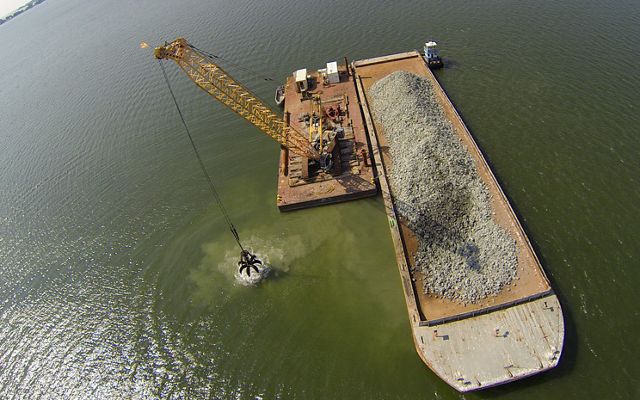
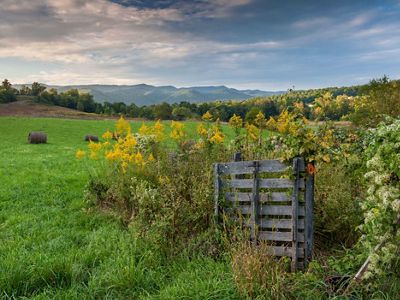
TNC has a long history of leadership in championing conservation finance programs in Virginia, including pushing legislation that established the Virginia Land Conservation Foundation (VLCF) and Land Preservation Tax Credit. We are now working alongside a broad coalition of conservation, trail, and outdoor recreation organizations to advocate for dedicated and greater funding for Virginia’s great outdoors. Together, we are working to pass Virginia’s Great Outdoors Act to provide $230 million in annual funding to
- Protect vulnerable natural areas, working farms and forests, and historic and cultural sites.
- Improve public access to the outdoors by fixing and expanding infrastructure, programming, and public lands.
- Invest in a thriving outdoor recreation sector by developing new parks, trails, river access points, and more at the local and state level.
TNC is working to pass Virginia’s Great Outdoors Act and we need your help! Please sign up to receive our newsletter to be notified of opportunities to take action to support this bill.
Energy and Climate
Climate change is one of the world’s most urgent challenges and an immediate risk to our communities, our economies and our conservation mission. Much of our conservation work includes natural climate solutions that increase the amount of carbon absorbed from the atmosphere and stored in plants and soil. In addition to everything nature can do, humans must also reduce the amount of greenhouse gasses emitted by society. TNC is addressing this challenge by working with policymakers and business leaders to develop policies and programs that lower climate pollution while creating economic benefits.
TNC supports renewable energy sited to avoid ecosystems that are the most sensitive and have the highest conservation value. Virginia needs to rapidly build up its solar capacity to meet the goals of the Clean Economy Act and to reach net zero emissions by 2045. At the same time, we need to minimize the extent to which new solar installations are eliminating forests and farmland from the landscape.

One solution to this concern is the legislation that the General Assembly adopted in 2022 to require mitigation for impacts of solar to prime agricultural soils and forest land. TNC provided scientific expertise and advised on best practices during the stakeholder process to craft the new regulations called for in the legislation. We are also working to increase the number of solar installations sited on already-impacted lands such as brownfields and old mine sites. We are locating solar on some of our own such lands in the Cumberland Forest.
However, transitioning to zero-carbon energy is not enough to achieve our climate goals – we must also use our energy wisely to reduce our energy demand. Energy efficiency means using technology to achieve the same result while using less energy, and the potential to improve Virginia’s energy efficiency is tremendous. The Nature Conservancy supports policies and programs to help reach Virginia’s energy efficiency potential. Energy efficiency is a triple win: the energy with the least environmental impact is the energy never generated, plus energy efficiency lowers energy bills while sustaining thousands of local jobs.
The largest source of carbon dioxide in Virginia is our personal vehicles—cars, pick-up trucks and SUVs. Electric vehicles emit significantly less carbon dioxide over their lifetime than gas or diesel-powered vehicles. They are an essential component of tackling climate change. TNC works to support policies needed to accelerate the transition to electric vehicles. We also recognize that Virginia needs policies to help people become less dependent on cars, such as policies that support walking, biking, and public transit.

Stay In Touch
Sign up to receive monthly conservation news and updates from Virginia. Get a preview of Virginia’s Nature News email
